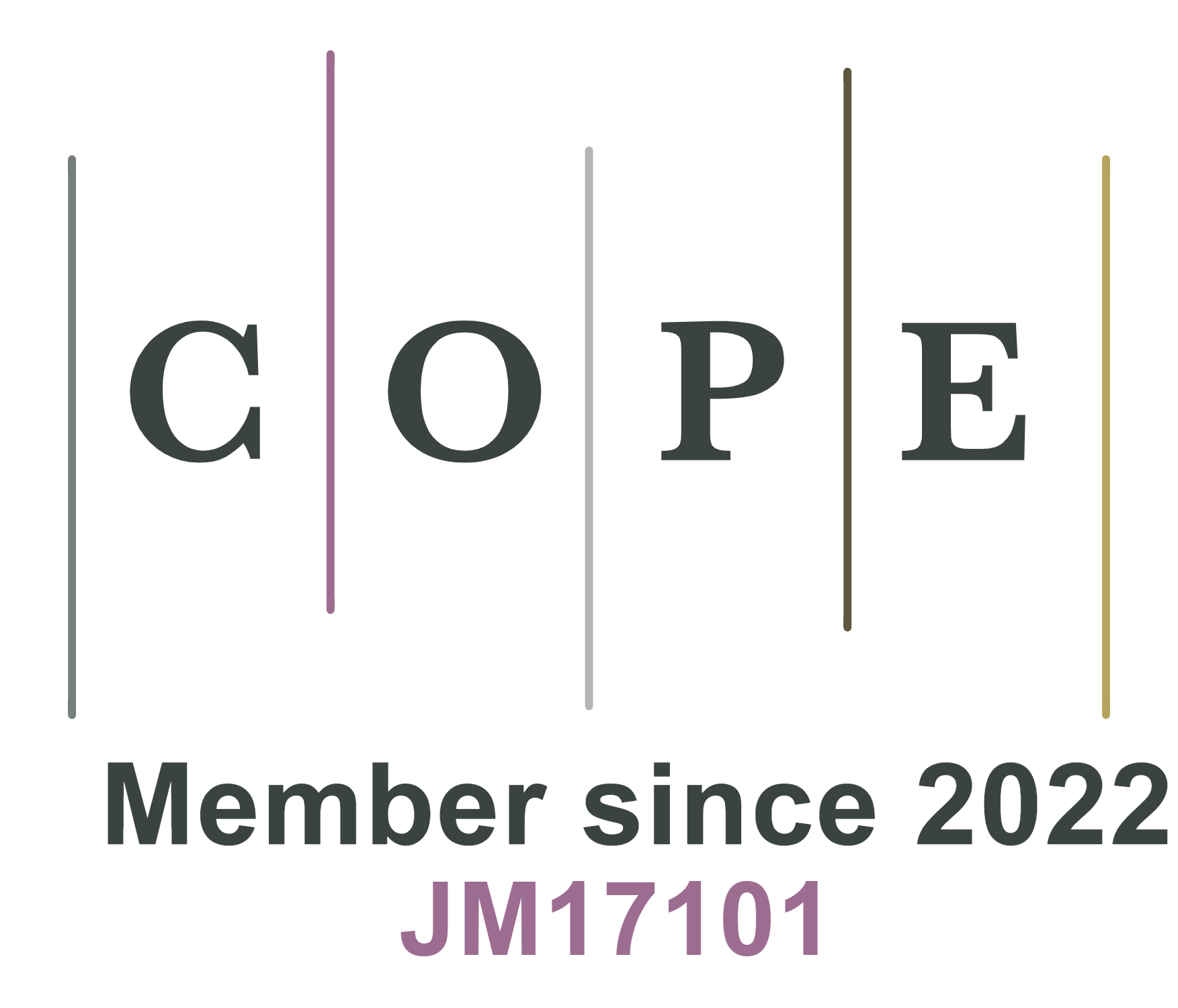Article | Open Access
Achieving ~ 40% power conversion efficiency increase of single-junction gaas solar cells via temperature regulation
Views: 23
Energy Mater. 2025;5:[Accepted].
Author Information
Article Notes
Cite This Article
Abstract
Enhancing the power conversion efficiency (PCE) of solar cells is a constant and essential endeavor to advance the utilization of renewable electricity, especially for space and planetary exploration. The challenge of significantly enhancing the PCE of solar cells is considerable. This report examines the impact of temperature on the PCE of monocrystalline single-junction GaAs solar cells under 450/520/635 nm lasers and achieves ~ 40% increase over the PCE at room temperature when the temperature is reduced from 300 to 160 K. The notable enhancement in PCE can be attributed to suppressing the lattice atoms’ thermal oscillations and mitigating thermal loss. Below 160 K, however, the radiative recombination produces many low-energy photons, which cannot overcome the GaAs bandgap, resulting in energy loss and a sharp PCE decrease. In addition, the onset of carrier freeze-out effects restricts further increase in PCE. Our study elucidates the optimal operating temperature of GaAs solar cells, paving the way for designing an ultra-high PCE energy supply for planet probes such as the Moon and Mars, where the temperature exceeds 160 K.
Keywords
GaAs solar cells, power conversion efficiency, nonradiative recombination, radiative recombination, temperature regulation
Cite This Article
Wang S, Tian B, Guo R, Zhao S, Li J, Sun J, Zhong L, Liu X, Wei B, Li Z. Achieving ~ 40% power conversion efficiency increase of single-junction gaas solar cells via temperature regulation. Energy Mater. 2025;5:[Accept]. http://dx.doi.org/10.20517/energymater.2024.303
Copyright
© The Author(s) 2025. Open Access This article is licensed under a Creative Commons Attribution 4.0 International License (https://creativecommons.org/licenses/by/4.0/), which permits unrestricted use, sharing, adaptation, distribution and reproduction in any medium or format, for any purpose, even commercially, as long as you give appropriate credit to the original author(s) and the source, provide a link to the Creative Commons license, and indicate if changes were made.














